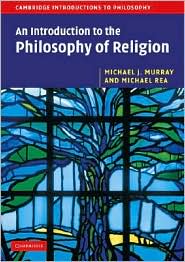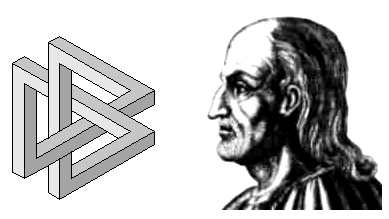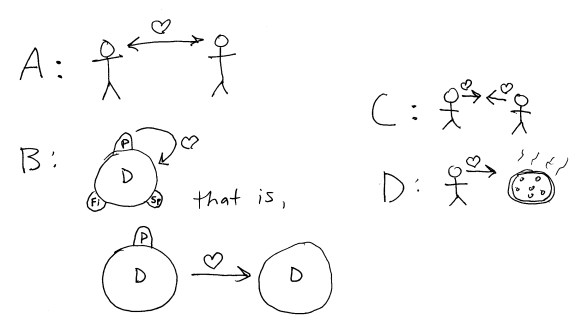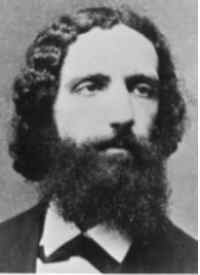Smith on Rea and Murray on philosophical theology
Here: Logic Matters: Philosophy of Religion 3: The Trinity Philosopher/blogger/Analysis editor Peter Smith of Cambridge discusses his reading of this book by Rea and Murray, which I’ve been looking forward to seeing. He’s, um, not terribly sympathetic, and tends towards a harsh and dismissive tone. But, he does (I assume, accurately) summarize their conclusions, and their main lines of argument. So the reviews are at… Read More »Smith on Rea and Murray on philosophical theology
















